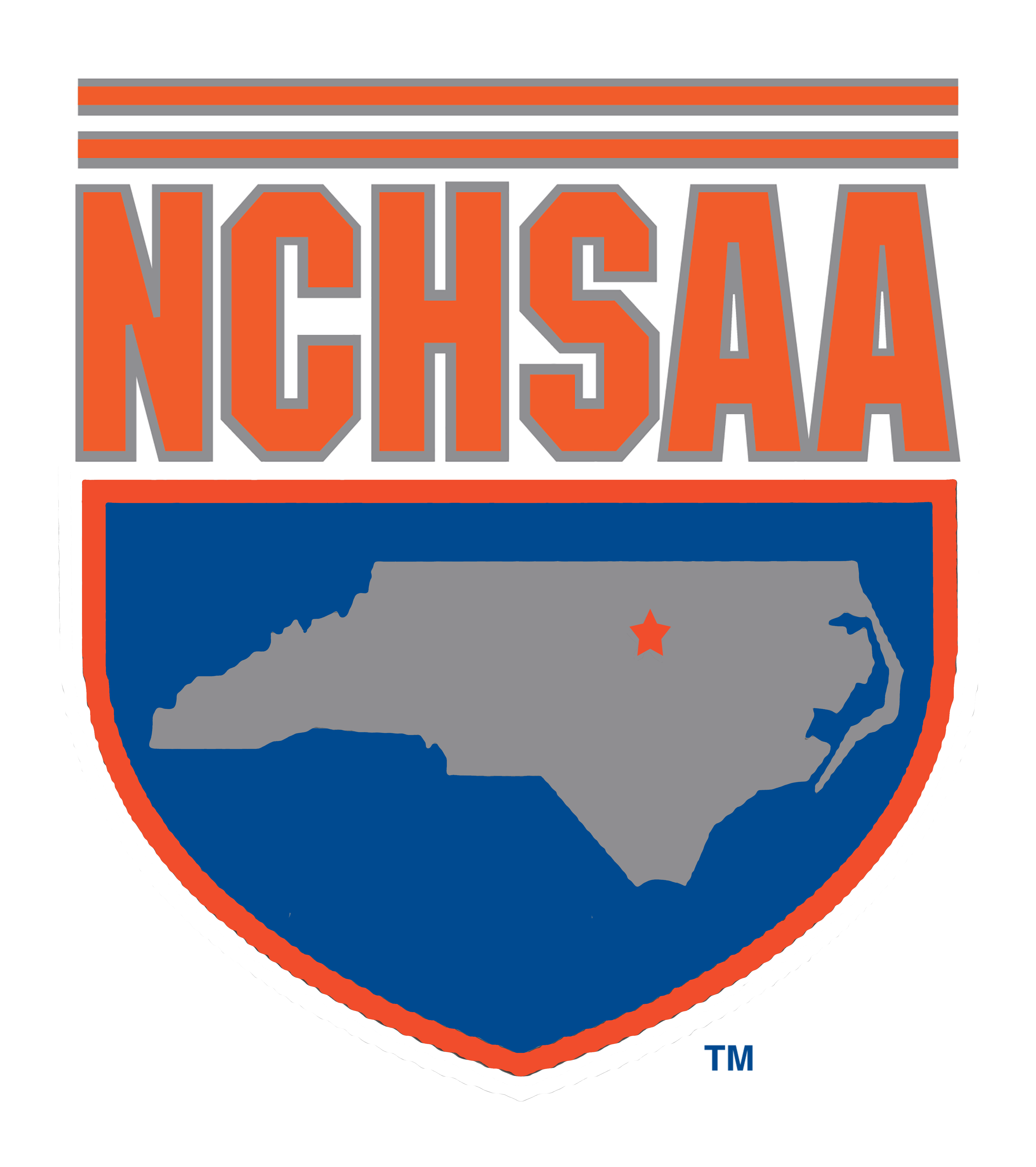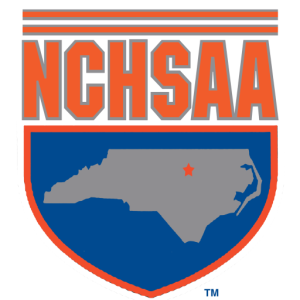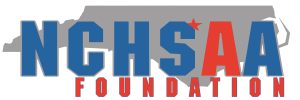Kalen Perry is a sophomore at North Carolina State University and was an outstanding student-athlete who served as part of the North Carolina High School Athletic Association’s Student-Athlete Advisory Committee (SAAC) during her time at Croatan High School in Carteret County.
She has spent the fall semester as one of the student interns working in the NCHSAA offices, giving her a perspective from the Association level as well.
Here she shares her own very personal look at high school athletics with observations that we believe you’ll find very interesting.
By KALEN PERRY
NCHSAA Intern
Three-sport high school athlete. Daughter of a high school coach and athletic director. North Carolina High School Athletic Association SAAC member (2011-2013) and current NCHSAA intern. To say that high school athletics are important to me would be an understatement, and each of these “identities” gives me a different perspective.
Having a father who coaches two sports and is the athletic director at my high school was both challenging and rewarding growing up. From the time I could walk, I was out on the football field or on the edge of the wrestling mat cheering on both the players and the father who I respect so much. As I entered high school, I wandered from the sidelines and began to sit in the stands with my friends to watch the games. That was the first time I heard a person use a profanity to describe my father—I wanted to melt into the bleachers.
I couldn’t believe that anyone could use such strong words to describe someone that I loved over “not throwing his son the ball”. As the years passed, there were letters to the editor calling for a new football coach, saying that my dad was only in it for the money (he makes mere pennies on the hour, I might add). The loud criticisms shouted from right behind me in the stands were a weekly occurrence during football season. There was never any regard for the fact that Coach Perry has a family who sacrifices time with him so he can invest in their children. I wonder, if fans took the time to consider that a coach’s daughter, mother, wife or brother could be sitting near them, if they would still make negative comments about the coach’s character over a bad play call or not playing their child?
As an athlete myself, my dad never allowed me to question a coach or criticize the decisions made by him or her. If I wasn’t getting playing time, it was my personal responsibility to “hit the gym” and work harder. I was not allowed to make excuses and my parents always supported the coach. I doubt that in many households the coach is getting as much support from parents. Here is my disclaimer: coaches and officials (just like parents and students) are not perfect and will not “get it right” every time; however—and this is also a valuable lesson for athletes to learn—it is ok to not be perfect. Entitlement and individualism are rampant among my generation and I believe that this is an unfortunate consequence of the negative language used by parents directed at coaches, teachers, and officials. I remember learning in elementary school that there is no “I” in team. Unfortunately the people who have the most influence in a child’s life—the parents— do not always convey this message to the athletes. Support for and respect of authorities starts in the home. I am calling all parents to take action by supporting your child’s coaches, teachers and officials—it will make your child a more productive citizen in the long run.
Now as an intern at the high school athletic association, I get to see all of the hard work that 16 people who compose the NCHSAA staff put in to serve the 200,000+ athletes in North Carolina. For NCHSAA staff, there is no “regular 9-5 work schedule”—state championships take place on the weekend and the numerous hours required to prepare for these events are not able to fit into a 40-hour work week. It truly is a thankless job. Rarely do I hear someone in the office say, “I just got a call from a coach, student athlete, athletic director, etc. thanking me for all that we do here.” More often, the calls are questions, criticisms and suggestions for improvement—all of which are appreciated and beneficial. Nevertheless, I would love to hear about someone thanking Ms. Tucker, Patrick Stephenson, Mark Dreibelbis or any of the other NCHSAA staff for all that they do to enrich the student athlete’s high school experience—as they did mine.
I would hope that parents would empower their students to find ways to grow and better themselves by instilling a sense of personal responsibility for their actions. We live in a society where things are “never our fault”—when we do not receive a desired outcome, it is easier to place the blame on someone else, namely a coach or official. Encouraging students to take responsibility for mistakes is a skill that will not only make them a better athlete and teammate but a better coworker, friend and spouse.


